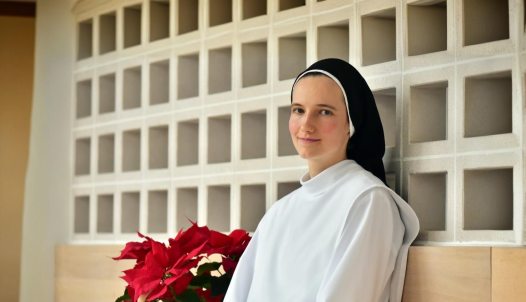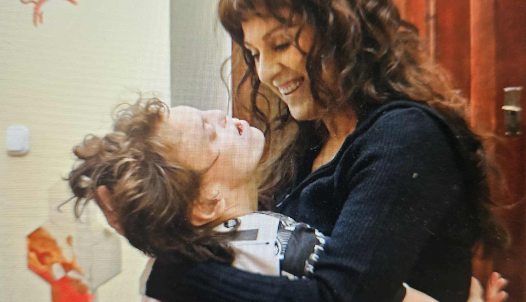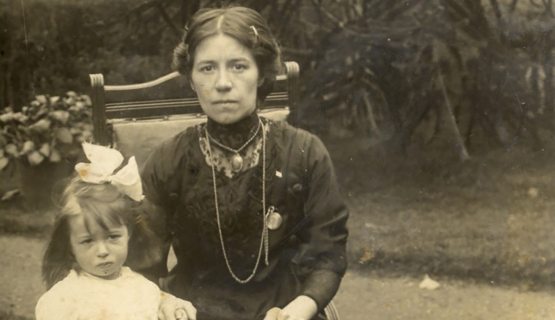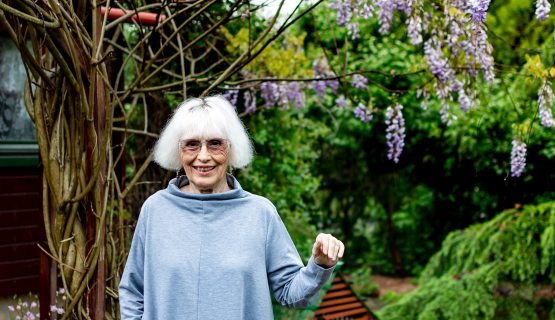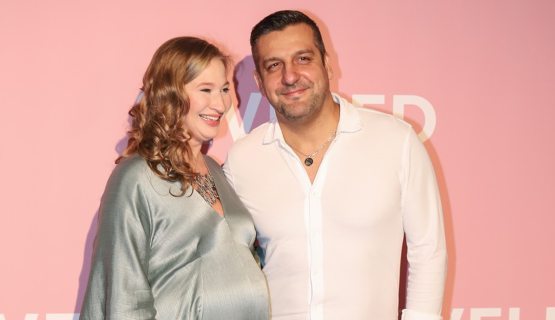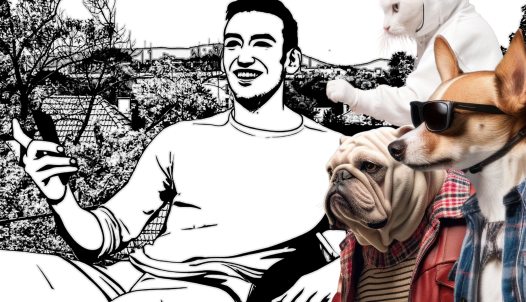Worldwide rally for an ill Hungarian baby – „We feel that Ágoston is struggling hard to stay here”
Looking at the smiling little face of ten-month-old Ágoston Tóth-Helli, you wouldn't believe what he is going through. The baby boy has been battling a rare and aggressive form of myeloid leukaemia for seven months and is currently the only baby in Hungary suffering from this disease. Since chemotherapy has failed, his parents have launched a fundraising campaign to give him immunotherapy developed by an American researcher in the hope of a complete cure.
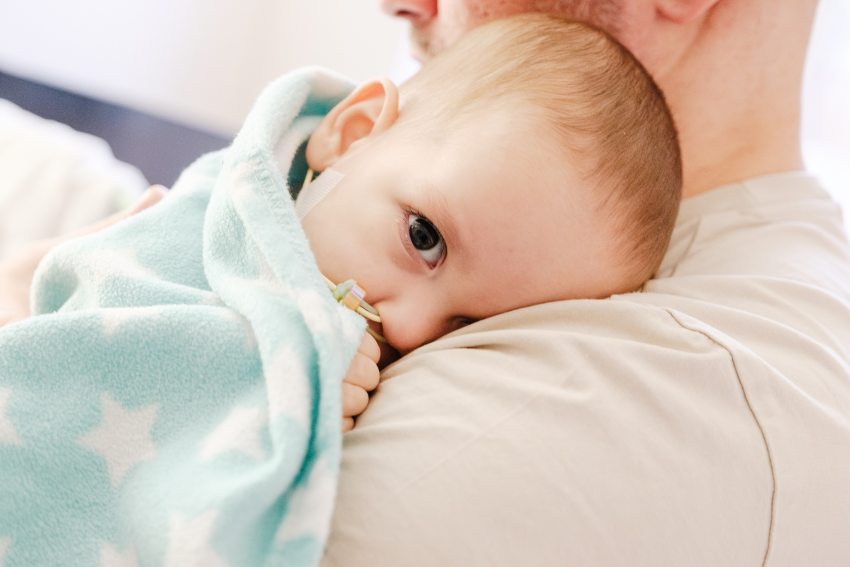
Ágoston was three months old when his parents noticed lumps on his thigh. Nor the paediatrician neither the physiotherapist could tell by touch what it was. But when new ones appeared on the baby's legs, the family went to the Heim Pál Children's Hospital in Budapest where they were referred straight to the oncohematology department. They already suspected that there was a big problem, but they recieved a diagnosis only after a month from the onset of the symptoms: leukaemia. First diagnosed as lymphoid leukaemia, it turned out to be a more serious form of the disease, myeloid leukaemia, and a very rare and aggressive type of it.
The disease diagnosed in Ágoston is caused by a very rare gene mutation that occurs in children under the age of two and has only been possible to diagnose for a few years. Only thirty cases are discovered every year, which is why there are so many questions among professionals. What the parents know is that Agoston's disease is not inherited but acquired – it is likely that he was affected by something harmful as a foetus or after birth.
Lymphoid leukaemia is cured in 90 percent of children, compared with 65-70 percent for myeloid leukaemia and 20-30 percent for the gene mutation observed in the case of Ágoston.
The little boy has already undergone several chemotherapy treatments to reduce the proportion of cancer cells. The goal so far has been to get the number to zero, so that a bone marrow transplant can be performed. This was almost achieved a month ago, but then the figures deteriorated. With chemotherapy, the disease can be controlled for a while, but it has a lot of side effects, which Ágoston struggles with every day.
1,2m USD (500m HUF) is needed to start treatment in the US
Myeloid leukaemia is treated according to the protocol, but if the patient does not respond well, treatment is personalised. The condition of Ágoston is also variable, at the time of writing this article he had 7 per cent of cancer cells in his body. The current stage of the disease is ascertained by the cells extracted from the bone marrow. „I'm sure he's had ten samples taken since he's been in hospital, but because his bones are so tiny it's a difficult process. Sometimes they couldn't even evaluate the sample” – says his grandmother, Szilvia.
Nikolett, the mother, found out that the chance of survival is 15-20 per cent with chemotherapy alone, so she started looking for other treatments. On Facebook, she found a group of parents of patients with the same gene mutation, where she found more information. One of the mothers, whose daughter had died of the disease, set up a foundation (Project Stella) to research drugs for patients. This foundation also supports research conducted in the US by a highly respected doctor in the field, Dr Soheil Meshinchi.
Thanks to the donations, a CAR-T cell therapy was developed in a short time. It targets a a receptor on the surface of malignant cells released by myeloid leukaemia.
This treatment has been used for lymphoid leukaemia for some time, but not for myeloid leukaemia because they can't find a good target, but they have found one in Ágoston’s disease.
CAR-T cell therapy is currently only available in Seattle and it is accessible to international patients. Since it is an experimental therapy, it has not received funding from the National Health Insurance Fund of Hungary but the drug company is paying for the drug itself. However, the treatment and the stay in Seattle is very expensive and the family has to finance it – they need around 1,2m USD (500 million HUF), so they started fundraising.
They have set a one-month deadline to reach the target amount because the last round of chemotherapy can maintain Ágoston's current condition for about that long, allowing him to still be able to travel.
Szilvia considers it fortunate amid all the misfortune that this did not happen a few years ago. „Ágoston’s disease is resistant to chemotherapy, which cannot kill the last few percent of cancer cells, so we need immunotherapy, which was not available a few years ago – she explains. – CAR-T is the best chance to kill the remaining disease.”
Ágoston is a true miracle
The grandmother says the solidarity she has experienced is heartwarming. A Facebook group has also been set up where members can bid for items or even a service they provide, supporting the treatment with the proceeds. So far, it has been mostly the family's close and distant friends and the immediate community who have come together in an unprecedented way, but one of the baby's nurses has also joined the group, introducing herself as "I'm Ágoston’s friend."
Ágoston is coping well with the treatment: although he has a cannula in his vein and a probe hanging out of his nose, he is not bothered by it and smiles at the doctors and nurses.
Having spent half his life in hospital, he is used to hospital conditions. „He has a delay in motor development, but nothing else, which is a miracle – says the grandmother about the baby, who has recently started to see a physiotherapist. – The doctors have told us many times that it's amazing he's doing so well.”
Ágoston and his mother have been in hospital continuously since September, and they have not been able to go home for Christmas. In addition, after chemotherapy – because of the increased risk of infection – , they are separated in a semi-sterile room where they are not allowed to be visited by anybody but the father to relieve Ágoston’s mother. The family lives in Noszvaj but rented an apartment in Budapest for the duration of the treatments.
The parents are mentally exhausted the struggle. Their lives are narrowed down, the outside world is completely excluded. they can't concentrate on anything else but Ágoston’s condition. In the beginning Nikolett was unable to tell even her friends about what she was going through. Days being spent in hospital are all about cheering her little boy up. Then, when the baby falls asleep, his mother, Nikolett throws herself into researching treatments. She feels she must do everything she can to help Ágoston recover from this illness.
As a grandmother, Szilvia also finds it difficult to cope with her grandson's illness.
„Of course we will help and support them in any way we can, but the best person to support them mentally is someone who has been through the same thing.”
Szilvia could not help even if she wanted to, as she cannot visit them in hospital. The role of family has now been taken over by the doctors and nurses, who do their work with devotion and endless love. The best a grandparent can do now is to have unwavering faith in the best.
The way we can help the family:
Direct bank transfer:
Name: ÁGOSTONÉRT ALAPÍTVÁNY
HUF: 11600006-00000002-02467560
EUR: HU66 1160 0006 0000 0002 0257 6936
USD: HU05 1160 0006 0000 0002 0257 6967
SWIFT/BIC: GIBAHUHB
Address for Revolut:
Gyöngyvirág utca 28., Noszvaj, Hungary 3325
Paypal: [email protected]
Bank card: https://4fund.com/agostrong
It is highly important for parents of sick children to mind their own needs as well to hold on
Although this type of myeloid leukaemia affects few people, unfortunately many families go through similar trauma. We asked psychologist Anna Üveges how parents can support their children’s mental health. „Parents are torn inside while performing a feat: they function simultaneously on their parental and caring instincts and on their survival instinct – the expert says. – In this situation, unconditional love for the little patient is combined with fear of loss. It would be unnatural to impose on ourselves something that contradicts reality, and we should not do so.
Let us mirror what is happening in our child, let us support them in what they are feeling.
Physical contact, touching, hugging, reassuring gestures from parents that convey love can give the child the most, make him feel that he is important, that his parents are present with him and in what is happening in his life” – advises Anna Üveges.
For close family members, such a situation can also be challenging. According to the psychologist, they can do the most by truly being present for the other person and paying attention to what they really need. „Safety and security come from listening well and acting on that instinct. Emotional support in times of extreme stress can be provided by our mental and physical availability, by our love expressed in words and deeds, by our empathy for others” – says Üveges.
Family members can relieve the parents of the burden of small things, such as shopping or doing homework with siblings, but even handing over a glass of water can be appreciated. „Unburdening is effective when it allows people to focus on who and what matters most to them. At the same time, our presence can provide space for parents to focus on their own needs and build strength in themselves for tomorrow, for the next step” – explains the expert.
Ágoston is just ten months old. The question arises as to how such a condition affects the development of a baby at his age.
„Such a serious disease can be seen as an obvious cause of trauma in itself. Dealing with this will be an important task for the future for both the child and the parents” – says Anna Üveges psychologist.
The baby-mother relationship is characterised by a physical and emotional interconnectedness in the womb; therefore the separation after birth is a gradual and highly sensitive process.
„The first one and a half to two years of development are characterized by a fusion of physical and emotional boundaries, which means that the baby biochemically mirrors what is going on in the mother, whether it is joy, sadness, calm or anxiety. It is also important to provide parents with the right emotional support to increase the baby's sense of security and lay the foundation for successful trauma healing in the short and long term” – Üveges adds.
Kérjük, támogasd munkánkat, ha fontosnak tartod a minőségi tartalmat!
Ha te is úgy érzed, hogy a kepmas.hu cikkei, podcastjai és videói megszólítanak, kérjük, segíts, hogy ezek a tartalmak továbbra is ingyenesen elérhetőek maradjanak.
Támogatom a kepmas.hu-t>>


